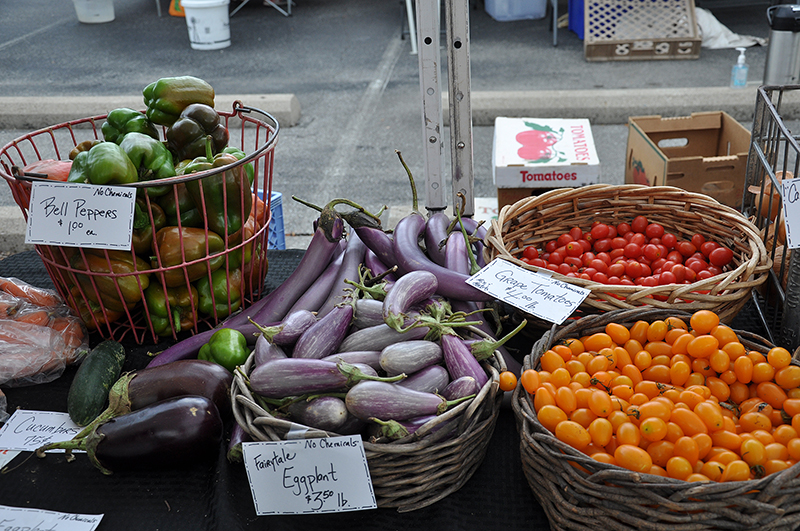According to a story in Crosscut, a Pacific Northwest’s independent, reader-supported, nonprofit news site, orders to shut down nonessential businesses and to practice social distancing to avoid spreading coronavirus have affected all parts of Gruber’s work, which also includes landscaping and construction. As the owner of Calendula Farm, he had also been managing a plant nursery, growing food-producing plants like berry bushes and fruit trees for the past year to sell to customers to replant right as they ripen for harvest.
So without markets, Gruber had to get creative. Instead of worrying whether his plants – and his business – would miss their window before the farmers markets reopened, he decided on a new plan. He began delivering his plants via truck throughout Tacoma and neighboring cities after publicizing the change online.
“The response has been tremendous,” he says. “It’s literally been the thing that’s keeping us going.”
Now or never is the reality for many farmers: Fruits, vegetables and other farmed products like flowers have to be sold before they go bad. A delay could mean a year’s worth of planning and tending to plants is wasted.
Also from the Crosscut story:
Since the governor’s stay-at-home order was issued on March 23, the status of farmers markets has been in flux. Originally, the markets weren’t listed as a protected business, but Gov. Jay Inslee later added them to the list of essential businesses that could remain open. But how they would remain open has, at times, been unclear. As a result, marketplace organizers have had to quickly figure out a way of reconfiguring the way they operate.
“It’s a real cultural shift for markets,” says Colleen Donovan, executive director for the Washington State Farmers Market Association. “Instead of being social gathering points in the community, we need shoppers to shop as efficiently as possible. It’s going to be, really, all about business.”
Organizers have cut out all socializing aspects. Donovan says marketplaces have started revamping their messaging, emphasizing their utility.
Many markets remain closed. Some simply need extra time to plan their setup around social distancing procedures, as has been the case with Proctor Farmers’ Market, which now plans to open April 25.
Others have seen pushback from local government and citizens concerned about the safety of keeping them going amid a pandemic. Few are open now, although some have reworked their procedures to make operations work, like the Ballard and University District farmers markets in Seattle, both of which reopen this weekend, and the Olympia Farmers Market, which has continued to run without pause.
Keeping the markets going in whatever way possible is critical, Donovan says. Customers rely on them for fresh, healthy food, especially people who can’t easily access grocery stores or use food-assistance programs like SNAP and WIC, which some markets accommodate. For vendors, sales during the market season lay the groundwork for the rest of the year and provide a main avenue for getting product to customers.
“Small family entrepreneurs rely on those sales to be able to make it into the summer season,“ Donovan says. “If they have to put their tulip bulbs in the compost pile, it’s not just lost sales, but it critically handicaps their ability to sustain themselves as businesses.”
And she says farms operate differently than many other typical businesses: The planning required by planting and harvesting means that what happens now could have long-reaching impacts this year and the next.
“It’s so precarious on a good year that this added stress has us worrying about the long-term futures,” she says. “And of what our local food systems are going to look like.”















